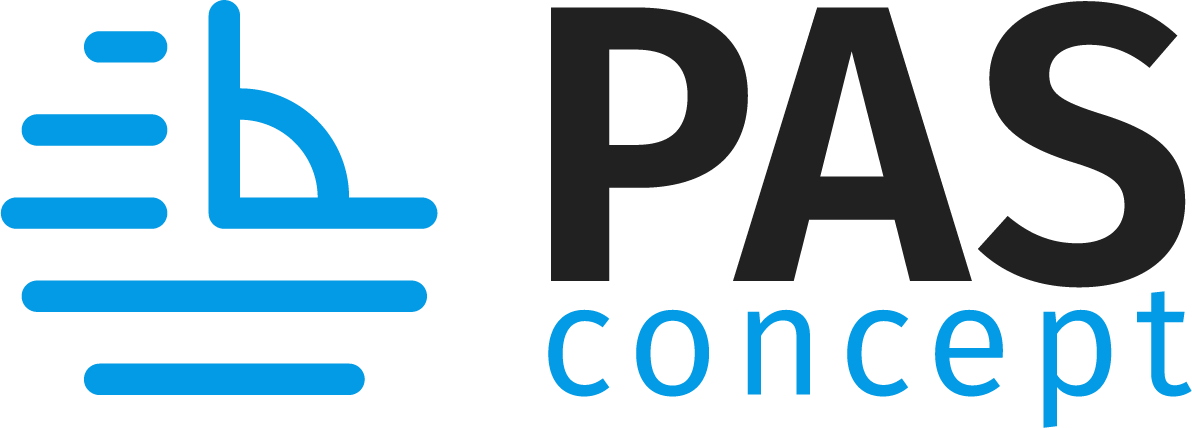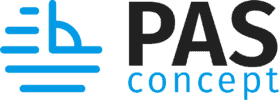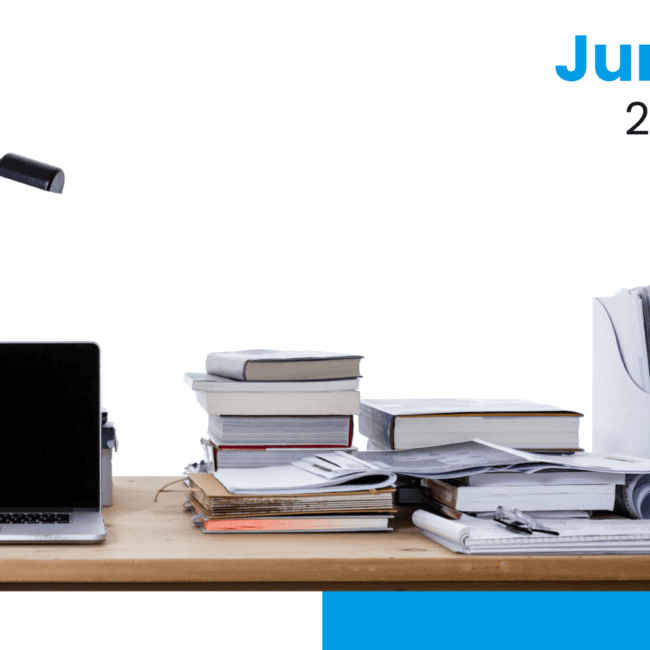
Mindfulness for Productivity
In a globalized world where technology advances at an overwhelming speed, people live among the constant changes and standards imposed by society. Although we may live longer, we go through life at a much faster pace, which is not always healthy given the multitasking functionality that our daily routines demand. Do you feel identified? We understand the constant mental-health struggles that may arise by living at high speed, which is why we find it relevant to adopt mindfulness for productivity practices.
The growth of awareness and attention is a successful strategy to implement in a world where we all live on auto-pilot. In this article, we will talk about practical mindfulness skills to improve both the work and personal environment, and how we can use this technique for productivity.
What is Mindfulness?
Mindfulness is a practice that was developed by the Buddhist religion. It consists of observing and fully being present, without distractions or interpretations. When practicing mindfulness, you want to focus on all physical aspects of your body such as your breathing, heart rate, body temperature, muscles, as well as mental traits such as your thoughts, feelings and behaviors.
From a more social context, Mindfulness can be considered as psychotherapy that helps train the brain to focus on a single function. It requires devoting your full attention at the exact moment you are performing an action. Sounds impossible with the amount of multitasking we implement daily, right? However, the first step is trusting how powerful our brains are and believing we can rewire them with patience and perseverance.
Variables such as attention, awareness, and living in the present are vitally important in this method. By activating these through mindfulness, you become aware of the world you are surrounded by. You may find it hard to focus on one task at a time, but starting by activating the skills mentioned above will train your brain to be more conscious of the task at hand.
By doing this, attention is focused on finding solutions to problems that may arise, instead of worrying about problems whose resolution is not within reach. This helps us to be more coherent and at the same time productive, not to mention it could potentially reduce the amount of stress you put your mind through. We believe mindfulness for productivity is fully applicable and effective, and we will give you some tips that will help you accomplish it.

Basic Elements of Mindfulness
Focus on the present moment. Sounds simple, and yet it is one of the hardest things to achieve. To begin rewiring your brain, try to focus your attention on the first task you want to accomplish. If you are driving to the office, try to take different roads. You could even say things you are seeing or hearing around you out loud. In the office, look at your to-do list and perform each of the tasks without thinking about the next one. It will become easier with time, so do not beat yourself up if the first few months you are still thinking about everything at the same time. The fact that you are trying to be mindful will help you become more mindful.
Your final goal should be to visualize all the problems to be solved and be able to analyze them separately. When analyzing them individually you will be more attentive, offering more lucid and consistent responses. Making this a regular practice will greatly improve your productivity.
Mindfulness for Productivity
When putting this cognitive therapy into practice, it is important to remember that this is just an exercise to implement in order to see what could happen. There are no wrong outcomes, there are only continuous learning experiences.
Conscious breathing, looking at objects, self-observation and exploration of the body, as well as active listening, are objective ways of applying this mindfulness for productivity technique. These will result in thoughtful and relevant contributions when working with teams, therefore improving performance by having a direct impact on an optimal work environment.
Examples of Mindfulness in the Workplace
In the research paper The Influence of Mindfulness on Workforce Productivity by Sebastián A. Matto, we can find specific examples of the application of mindfulness for productivity in the workplace:
- Be attentive: Before work, you should sit for 15 minutes being aware of your emotions, your breathing and your body. When you start to wander, you should try to go back and direct your attention to the initial goal (being aware).
- Take five: As an employee, you should show the STOP sign when you are feeling stressed. What does this mean? You should stop what you are doing. Take 5 deep conscious breaths. Observe the way your body is feeling. Then continue. This may not stop you from feeling stressed, but it will immediately make you feel better.
- Do one thing at a time: When your mind drifts away, bring it back to here and now.
- Take a time out: You need to take short breaks in between work hours. Use this time to stretch, breathe or walk.
- Eat lunch elsewhere: Eat lunch somewhere other than your desk. You should be aware of your hunger levels and the food you are about to eat.
- Listen: You must practice listening carefully during meetings. Being fully present to the speaker.
- Be mindful of little victories: It is important to take note of what you accomplished at the end of each day. Having a daily list of small wins or micro-progress is one of the best ways to improve motivation, productivity, and creativity.
Try these small steps at work, and you will begin to see progress on your productivity in a short period of time.
Development of Practical Skills
There are several skills that can be developed with the use of Mindfulness both in the workplace and in your personal life. Among them the following can be highlighted:
Focus on what is truly important
By practicing focus, you may start to perceive everything unnecessary with the problem or task in front of you. This skill provides speed and efficiency in the search for real solutions to a problem, and a more appropriate solution can be reached.
Emotional Intelligence
Emotional Intelligence is one of the soft skills most appreciated by CEOs and business coaches. Having Emotional Intelligence helps you deal with stress consistently and at the same time to be more empathetic with the rest of the team. With this, greater productivity is achieved thanks to a systematic training of the brain that allows you to be more aware of your emotions. Emotional intelligence gives you the ability to manage your emotions and channel them towards synergistic behaviors.
Strategic vision and Flexibility
Thanks to the mental clarity that Mindfulness offers, managers are able to anticipate problems before they arise. Mindfulness for productivity generates a more powerful vision for those who practice it and it could lead to a more effective direction for the company. Mindfulness helps you become resilient and dynamic. It allows you to become flexible when facing a reality that is constantly changing.
Creativity and Innovation
Creativity and innovation are skills that are essential for any person or work team. By working on the active mind and conscious attention, a greater openness towards new possibilities is developed, and a broader perspective of problems is achieved. This also allows new points of view to be conceived, therefore innovation will be accomplished.
Mindfulness at PASconcept
While at PASconcept we are interested in constantly innovating, we are also focused on improving self-esteem. We value the unity of our team and for this reason we are in line with the use of this alternative therapy that improves workforce productivity by cultivating mental health.
Offering the work team these tools is, at the same time, offering each person separately the opportunity to develop skills to face personal problems. In PASconcept, not only do we improve our team, but we also help each other improve as individuals by having the ability to see different perspectives of life. We strongly believe mindfulness for productivity is an effective technique that should not be underestimated, and we invite you to implement it on your team as well!






